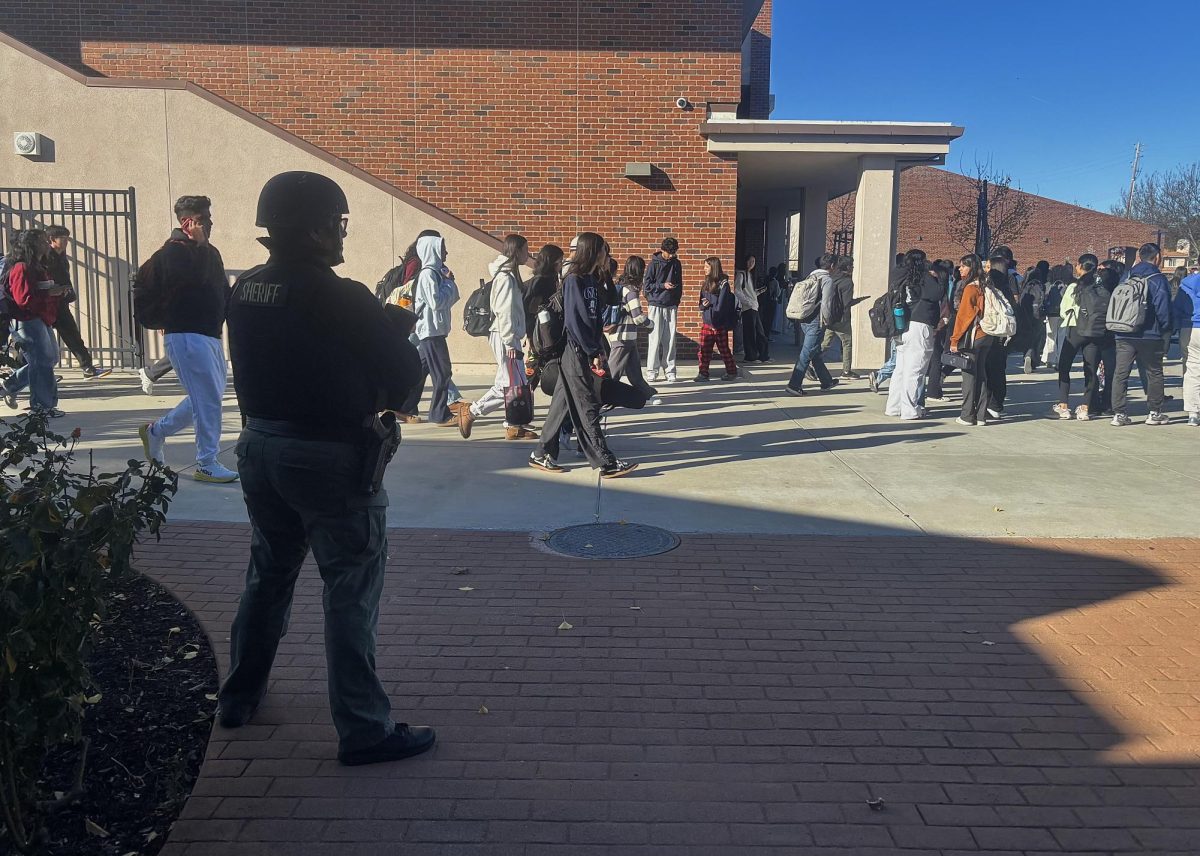Throughout history, wars have often been seen as a means to achieve peace, whether through the resolution of conflicts, the establishment of new borders, or the overthrow of oppressive regimes. However, despite these intentions, wars rarely lead to lasting peace. In fact, they often create more instability, suffering, and division. Here’s why wars are not the solution to peace:
1. Destruction and Loss of Life
Wars result in massive loss of life, not only among soldiers but also civilians. Millions of innocent people suffer, displaced from their homes, and deprived of basic necessities like food, water, and medical care. The human cost is incalculable, and the social fabric of communities is torn apart, making long-term peace difficult to rebuild.
2. Economic Devastation
War causes economic collapse, destroying infrastructure, industries, and livelihoods. Post-war recovery can take years or even decades, leaving countries in debt and struggling to rebuild their economies. This deep economic instability fuels poverty, unemployment, and political unrest, preventing sustainable peace from taking root.
3. Spread of Hatred and Division
War breeds hatred and deepens divisions between communities, ethnic groups, and nations. Even after the fighting ends, the wounds caused by war—whether they are territorial disputes, ethnic rivalries, or religious conflicts—persist. Trust is eroded, making reconciliation and cooperation between conflicting parties extremely difficult, if not impossible.
4. Long-term Political Instability
War often leads to the breakdown of governments and the establishment of weak or ineffective political institutions. Without strong and stable governance, countries are more prone to further conflict, as power struggles intensify and extremist groups gain influence. This political instability creates a cycle of unrest, making sustainable peace a distant goal.
5. Undermining Human Rights
Wars frequently violate basic human rights. Civilians—especially women, children, and marginalized groups—become easy targets for violence, exploitation, and abuse. The breakdown of law and order during wartime creates fertile ground for war crimes, human trafficking, and other atrocities. Peace, on the other hand, depends on respect for human dignity and fundamental rights.
6. Failed Diplomacy and Neglected Dialogue
War often represents a failure of diplomacy and dialogue. When conflicts escalate into war, it means that peaceful negotiation and compromise have been overlooked or dismissed. Sustainable peace can only be achieved when there is genuine dialogue and mutual understanding between parties—something that wars make extremely difficult to foster.
7. Environmental Destruction
War causes irreparable damage to the environment. Bombing raids, deforestation, and the use of chemical weapons leave landscapes scarred and ecosystems disrupted. The long-term impact of such environmental destruction is far-reaching, leading to loss of biodiversity, increased vulnerability to natural disasters, and reduced access to clean water and food—factors that inhibit peace-building efforts.
8. Psychological Trauma
The psychological scars of war—trauma, grief, anxiety—affect entire populations, often across generations. Post-traumatic stress disorder (PTSD), depression, and other mental health issues become widespread, making it harder for communities to heal and move toward reconciliation. Long-lasting peace requires the mental well-being of individuals, something that wars systematically destroy.
9. Short-Term Gains, Long-Term Costs
While wars might yield short-term gains—such as territorial changes or shifts in political power—they come at a high and lasting cost. Peace requires long-term planning, stability, and inclusive development. Wars destroy the foundations needed for sustainable growth and social cohesion, leading to long-term instability that hinders genuine peace.
Conclusion:
Wars may provide temporary solutions to immediate conflicts, but they are not a sustainable path to lasting peace. True peace requires the rebuilding of trust, economic stability, political coherence, and respect for human rights. It demands patience, dialogue, and mutual understanding—qualities that wars systematically erode. Rather than being a solution, war is a path that often leads to greater conflict and suffering, making genuine and sustainable peace a much harder goal to achieve.





